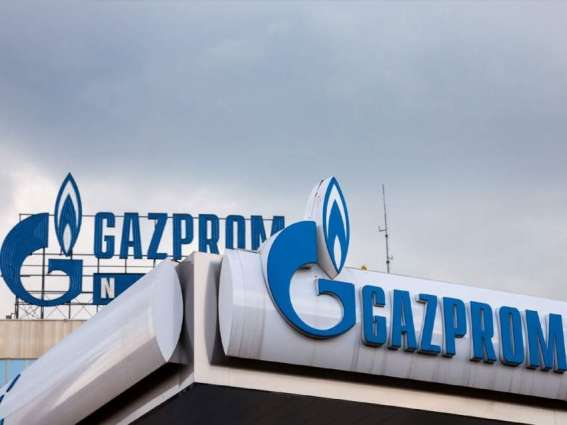The European Union has voiced concern over Hungary's contract with Russia's Gazprom for gas supplies, transported through Serbia and Austria, but Brussels has absolutely no valid reasons to oppose the deal despite Ukraine's displeasure, experts told Sputnik
BRUSSELS (Pakistan Point News / Sputnik - 29th September, 2021) The European Union has voiced concern over Hungary's contract with Russia's Gazprom for gas supplies, transported through Serbia and Austria, but Brussels has absolutely no valid reasons to oppose the deal despite Ukraine's displeasure, experts told Sputnik.
The European Commission's negative reaction to the news of the deal was to be expected, since Vice-President Frans Timmermans, who is also in charge of the European Green Deal, has long insisted on excluding Hungary "from the European game," according to Samuele Furfari, Professor of Geopolitics of Energy at the University of Brussels and former top civil servant at the European Commission directorate for Energy.
"Hungary is right to secure its supplies with a 15-year contract, at a good fixed price. These are the types of contracts that many European countries have, starting with Germany, which will soon have its two Nord Stream Baltic gas pipelines, guaranteeing a supply of Russian gas for all of Europe," Furfari said.
He further noted that Gazprom is a reliable company that already has long-term relations with several EU member states, including Germany. Moreover, as Furfari pointed out, former German Chancellor Gerhard Schroeder presided over the consortium that built Nord Stream 2, which is expected to start operating soon.
However, the European Union's reaction will most likely be in word only and no action will follow, Bruno Colmant, Professor of Economics at the Brussels, Louvain and Luxemburg universities, former banker and former head of the Brussels Stock Exchange, told Sputnik.
"The EU felt obliged to react and mentioned 'security worries,' Hungary being politically sanctioned at regular intervals by the Union, but it is only rhetorical," he remarked.
Moreover, energy isolationism is going to become more and more prevalent in Europe in general, given the closure of nuclear power plants in several European countries, Colmant added.
"We will soon see emerging 'energy nationalism' of the member states that will want to ensure their energy needs at a reasonable price over long periods. It is normal that Hungary, with its known nationalist positions, leads the way in this evolution," the expert explained.
Natural gas prices have been on the rise for the past few months in Europe, hitting the record $1,000 per 1,000 cubic meters this week. It is a cyclical rise due to the economic recovery after the pandemic, according to Furfari.
"In the United States, the price of gas has not changed. This increase in the price of gas is artificially fueled by traders who are putting a lot of money in their pockets in Europe and Asia mainly, but there is no shortage of gas and no reason for this momentary rise to continue," he said.
Since the spike in prices is most likely temporary and there is enough gas in the world to satisfy the demand, Hungary's decision to ensure long-term supply at a fixed price falls in line with energy policies pursued by Germany, Italy or France, Furfari concluded.
On Monday, the Hungarian government and Gazprom signed a contract for supplies of 4.5 billion cubic meters of gas annually until the end of 2036. Kiev expressed disappointment with the contract to supply gas in circumvention of Ukraine, saying this undermines positive trends in its relations with Hungary, as well as announced plans to appeal to the European Commission.
The Commission has since demanded that Budapest assess the impact of the gas contract with Russia on energy supplies safety within three months and present the conclusions to the European Union.




